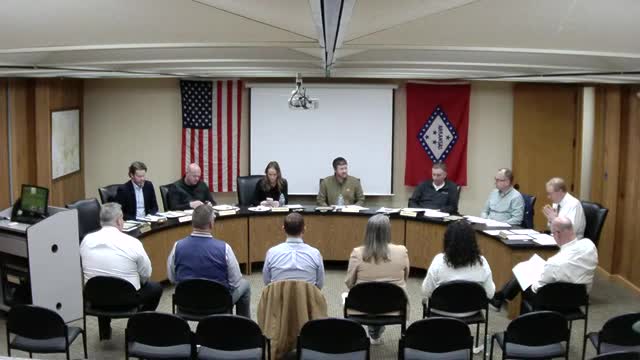Board hears state legislative proposals on classroom cell‑phone limits and fetal‑development video requirement
Get AI-powered insights, summaries, and transcripts
Subscribe
Summary
Superintendent Doctor Wood briefed the Alma School District board on two pending state bills: one would require schools to show a fetal‑development video in certain health classes; the other would require districts to adopt 'bell‑to‑bell' limits on student cellphone use with narrow medical and IEP exceptions.
The Alma School District board received an update on pending state legislation that, if enacted, would affect classroom instruction and school‑level device policies.
Doctor Wood, the district superintendent, told trustees about two bills that are receiving attention at the state capitol. One, introduced in the House and amended in the Senate, would require inclusion of a specific fetal‑development video in health and safety classes beginning as early as fifth grade, with related material in later grades. “People debate whether fifth grade is too young,” Wood said, summarizing testimony and committee discussion. Wood said the proposal had passed the House and was pending in the Senate at the time of the meeting.
The superintendent also discussed a governor‑backed cellphone bill described in the meeting as a “bell‑to‑bell” prohibition on phone use during the school day. “Veil to bell — no cell is what it’s called right now,” Wood said. He summarized the bill’s expected provisions: districts would be required to adopt policies that keep phones away from use between the morning and afternoon bells, with limited exceptions for after‑school activities and emergencies. Wood said the bill as discussed included an exemption for medically necessary devices — for instance, a glucose monitor — that would be reflected in a student’s IEP or 504 plan.
Wood described practical concerns for implementation, including how districts and families use phones for quick notifications and how schools would accommodate medical exceptions. He said the department of education (DESE) would likely require districts to submit policies and that guidance was still pending. “Implementation could be problematic at least initially,” Wood said, urging interested parents and staff to contact their legislators while the bills are under consideration.
Ending: The board did not take a policy vote at the meeting; Wood said he would share further guidance as final legislative language and DESE rules are published.
